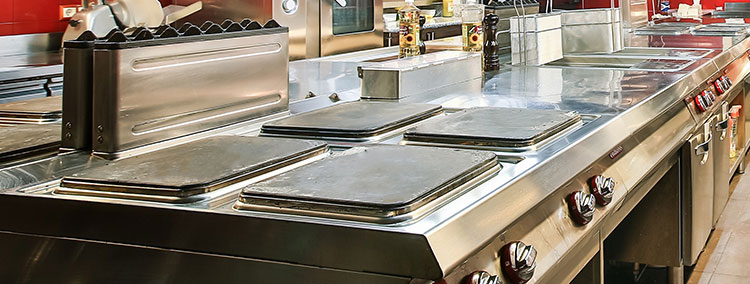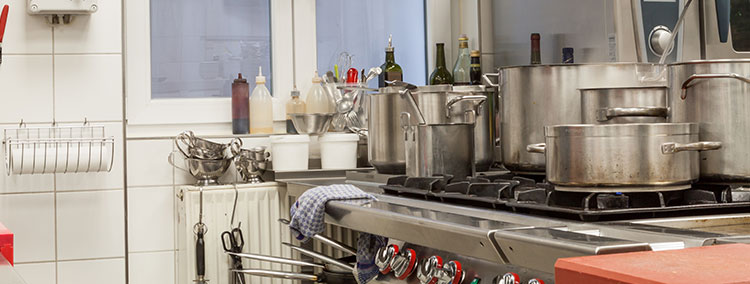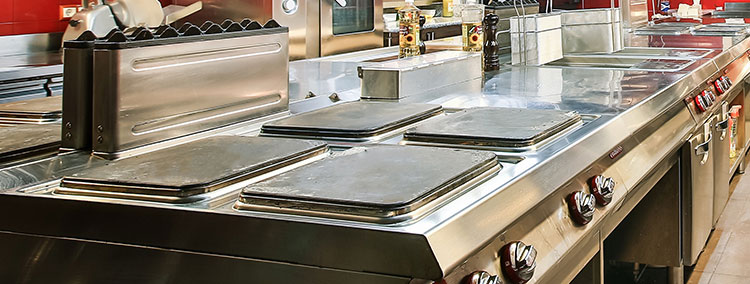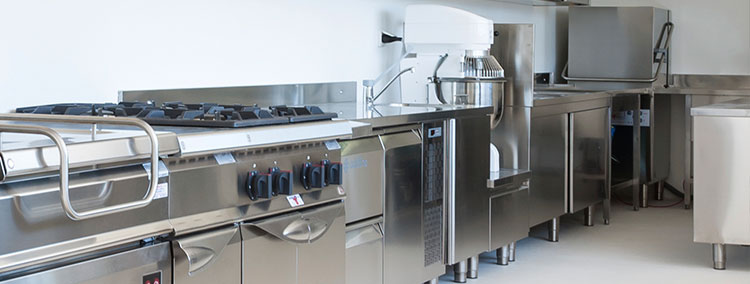A dishwasher isn’t a necessity, but it really comes in handy. After all, who wants to deal with a massive mound of dishes after preparing and eating a meal? Unfortunately, you can’t enjoy your unit if it functions incorrectly.
Thankfully, you can do several things to ensure that the unit is always in top working condition. These things include:
Keep the filters clean at all times.
You should clean your dishwasher’s filter after each usage. That may seem like a lot of labor, but it’s worth it.
After removing the filter from the machine, just rinse it under running water to loosen any trapped particles, allow it to dry, and then replace it. If you can’t remember to do it after each usage, try once a week.
The beauty of cleaning the filters is that you don’t need to hire a dishwasher repair professional to help you. You can easily do it by yourself.
Always scrape food from the dishes.
To avoid clogging the filter, scrape your plates and remove as much food residue from pans and dishes as possible before adding them to the washing machine. Foods like Weetabix and porridge adhere to dishes if they sit in the dishwasher for an extended period before being run.
Put these plates in the sink to catch the water when you run the faucet. This will assist in soaking up the worst of the breakfast leftovers. Then, just before the cycle begins, place them in the dishwasher.
Some people have the notion that they should pre-wash the dishes before placing them in the dishwasher, but you don’t have to. In fact, you usually end up causing more havoc when you pre-wash the dishes.
This is because when you pre-wash the dishes, you remove the adhering surfaces for the soap. As a result, the soap doesn’t clean the dishes as well as it should. The consequence is leaving you with dirty dishes even after running them in the dishwasher.
The right way to do it is to scrape the food from the dishes, and you are good to go. This will remove the food particles that can clog the unit and, at the same time, leave binding spaces for the soap so that it effectively cleans the dishes.
Keep the dishwasher salt topped up at all times.
Experts report that using salt is the key to a long-lasting dishwasher. Salt serves two functions in your machine: first, it softens the water and prevents the buildup of hard water deposits, and second, it helps keep the dishwasher clean by preventing bacteria buildup.
Some dishwashers allow you to tell how hard the water is where you live, but if yours doesn’t, you can find out the exact level by calling your local water board.
If your dishwasher has this feature, it will use the least amount of salt necessary to keep hard water deposits at bay.
A common misconception is that you don’t need to add salt if you live in a soft water area or have a water softener. This is not the case.
You must always add salt to the machine to keep it bacteria-free. If germs are allowed to multiply, your dishwasher’s water flow and wash performance will suffer.
Inhibiting the water flow over time may dramatically diminish the life of your dishwasher. And you don’t want this, do you?
Regularly check spray arms for blockages.
You should also clean the spray arms regularly with a mix of washing up liquid and water (how often depends on how frequently you use your dishwasher).
While you’re at it, look for debris in the jets, such as fruit pips and small food particles. A clever approach is to send water into the intake of each arm – if it flows freely, it is not clogged. If it is, clear it with a toothpick or something similar.
Besides unclogging the spray arms, check them to confirm they aren’t bent. If they are, straighten them. In some cases, you might find them too bent or damaged. In such a case, simply straighten them.
Deep clean the dishwasher
Dishwashers are one of the appliances that many people clean the least. This is because many people have the impression that they are always clean, but this isn’t the case.
According to survey, consumers clean their dishwashers three times per year on average. This is not enough. The best way out is to thoroughly clean your dishwasher every two months by running it empty on the hottest setting.
You should soak a cleaning cloth in hot, soapy water and wipe off the surface of dishwashers with plastic exteriors. Wipe it dry with a clean, dry cloth or a paper towel.
After this, fill a spray bottle with a homemade solution of one part vinegar to three parts water if your dishwasher is stainless steel. Spray it on the exterior of the dishwasher and wipe it clean with a cleaning cloth.
A screen in your dishwasher collects food and other particles. The screen becomes clogged with time, resulting in badly cleaned dishes and increased wear and tear on your dishwasher.
You should remove the filter from the bottom and spray it with hot water from the kitchen sink.
Soak the filter for 10 minutes in warm, soapy water before rinsing with hot water. Use a scrub brush to remove any leftover food particles or residue.
Rinse your filter, then before putting it back in the dishwasher, check the drain for buildup and clean it with a sponge.
Parting shot
These are some things you need to do to ensure that your dishwasher is always in top working condition. Besides these things, also use your dishwasher correctly. As a rule of thumb, never run it when it’s too full, as it will fail to function optimally and reduce lifespan.
For peace of mind that your unit is in good working shape, contact appliance repair Fairfax professionals at least once a year to look at it and fix any issues it might be having.







